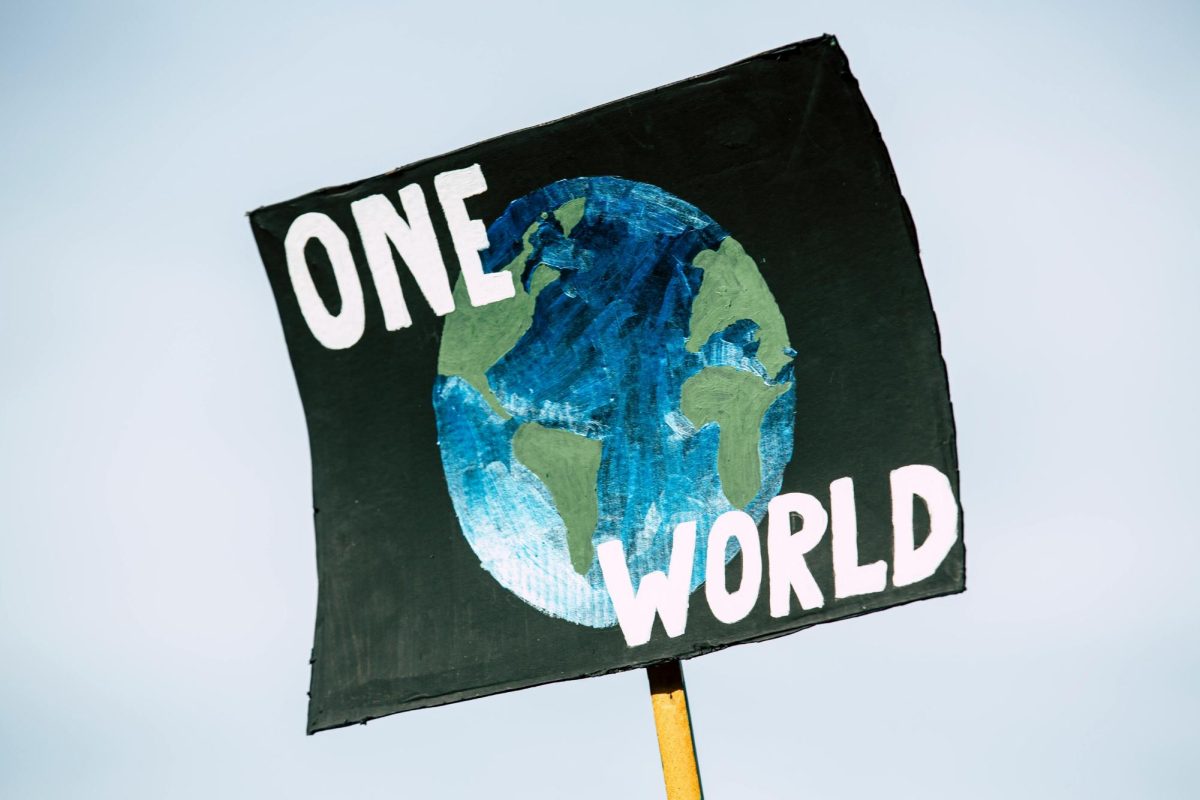Social workers are frontline social service providers for their workplaces, organizations, and communities. However, the ethical responsibility of a social worker reaches much farther than their immediate clients. The National Association of Social Workers (NASW) emphasizes this under a social worker’s responsibility to that of broader society, which entails promoting the general welfare of society and advocating for living conditions that allow an individual to fulfill their basic human needs. Climate change directly impacts communities’ and individuals’ ability to fulfill their basic human needs and disproportionately affects marginalized communities leaving them further burdened by the failures of society as a whole.
Environmental racism is a byproduct of racist systemic practices being used to determine what communities are to receive health-protective infrastructure like green spaces and what communities are to receive health-harming infrastructure like highways and industrial complexes. Air pollution exposure can have a range of negative impacts including childhood asthma, and exposure from nearly every source of emission disproportionately affects people of color. The communities impacted by climate change are also already receiving specialized attention from the social work profession, so all social workers need to be better prepared to incorporate environmental justice into their work to promote environmental equity. To achieve this social work curriculum in schools needs to expand to further advance the movement of environmental justice in the profession. Harm to the environment leads to the harm of individuals and this is something that social workers are ethically bound to prevent within the scope of their practice.
References
Chonody, J. M., Sultzman, V., & Hippie, J. (2019). Are social work students concerned about the environment?: The role of personal beliefs. Journal of Social Work Education, 56(4), 809–824. https://doi.org/10.1080/10437797.2019.1661907
Holbrook, A. M., Akbar, G., & Eastwood, J. (2019). Meeting the challenge of human-induced climate change: Reshaping social work education. Social Work Education, 38(8), 955–967. https://doi.org/10.1080/02615479.2019.1597040
Salas, R. N. (2021). Environmental racism and climate change — missed diagnoses. New England Journal of Medicine, 385(11), 967–969. https://doi.org/10.1056/nejmp2109160

